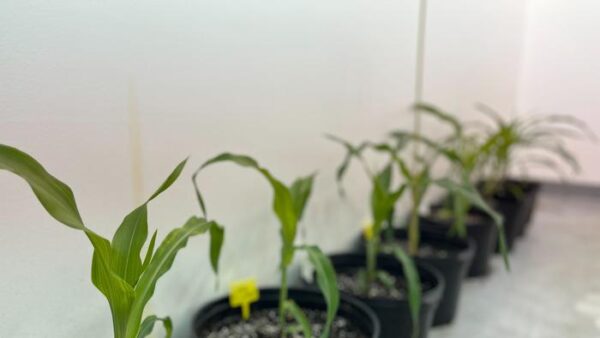Financial support from Syngenta Canada Inc. for a project that is complementing the National Bee Health Surveillance Project is translating into good progress. Syngenta committed $80,000 over a four-year period for work focused on harmonization of virus detection protocols between Agriculture and Agri-Food Canada, in partnership with the National Bee Diagnostic Centre in Beaverlodge, Alberta, and international reference laboratories in other jurisdictions._x000D_
_x000D_
“As bee health is an issue of global interest and concern, it is critical that the work that is being done here in Canada in terms of honey bee health surveillance is benchmarked and compared with similar work, in a similar way, in other parts of the world. Our support will help ensure that local research on virus detection is able to utilize and build on similar methodologies available to comparable labs elsewhere,” said Dr. Paul Hoekstra, Stewardship and Policy Manager with Syngenta Canada._x000D_
_x000D_
Funding for the project is being provided through Operation Pollinator, a Syngenta program focused on research and partnerships to promote the health and well-being of bees and other pollinators given their essential role in agriculture and nature. This project is proceeding in parallel to the National Bee Health Surveillance Project that is being led by the Beekeepers Commission of Alberta._x000D_
_x000D_
Dr. Stephen Pernal, Research Scientist and Officer-in-Charge of Agriculture and Agri-Food Canada’s Beaverlodge Research Farm, notes that this work is an important complement to the larger surveillance project which will document the nature, extent and prevalence of endemic and exotic disease and pest organisms in Canadian apiaries. “This information has never been comprehensively documented before, particularly with molecular diagnostics. The baseline information that will be obtained from this project is important for regional colony health management practices and will also provide opportunities to identify other exotic organisms before they establish themselves within Canadian honeybee populations.”_x000D_
_x000D_
Summarizing the progress of the project to date, Dr. Pernal says it has allowed for the standardization of protocols used by Agriculture and Agri-Food Canada scientists with those used by scientists in the U.S. and Europe, providing a unique opportunity to train and collaborate with key research facilities on the impact of viruses on bee health.











